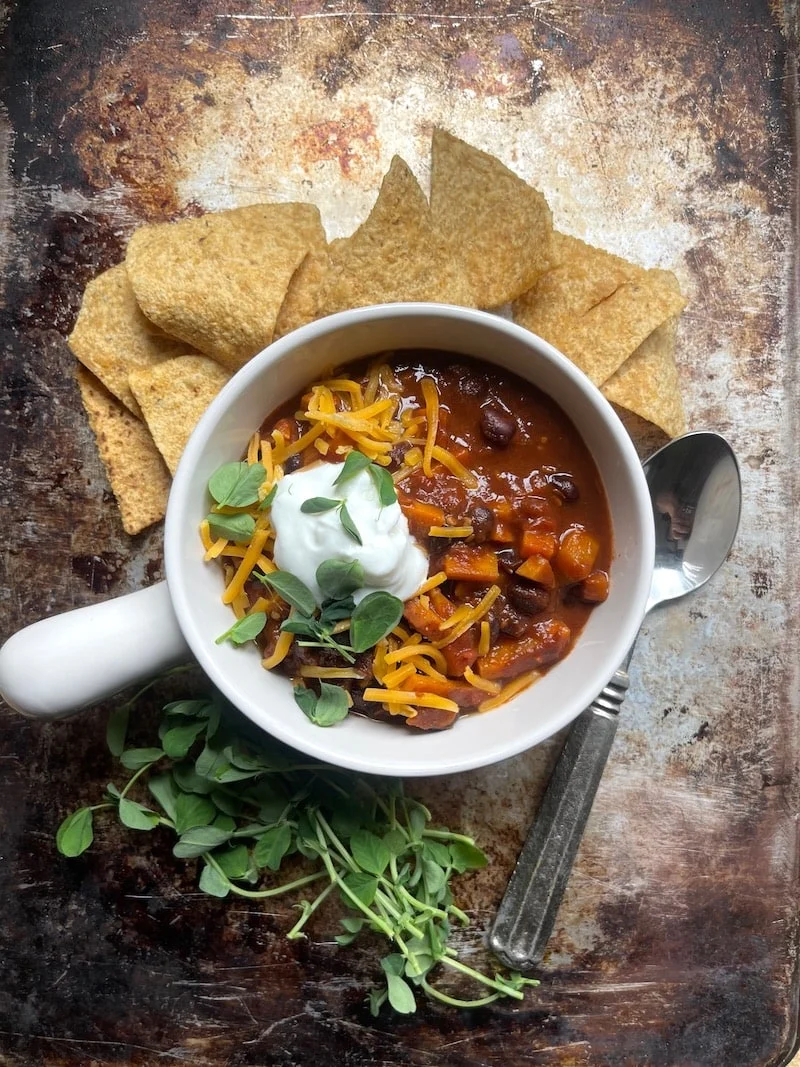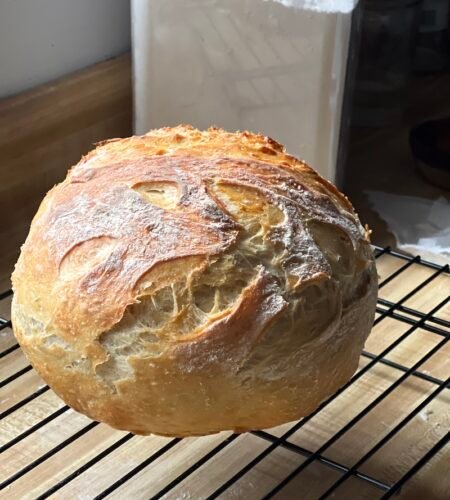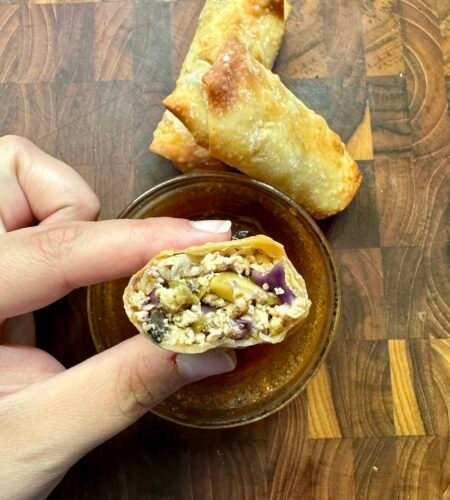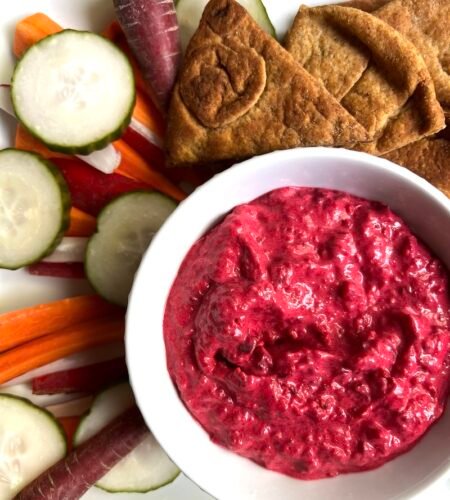Exploring a Vegan, Plant-Based Menu for a Week
As someone who enjoys a variety of foods, including meat, I’m taking on a new challenge: switching to a vegan, plant-based menu for a week. This isn’t about giving up meat forever, but rather a way to introduce more vegetables into my diet and explore the benefits of plant-based eating. While I’m excited to dive into this challenge, I also want to approach it with a balanced perspective. Eating vegan doesn’t automatically mean you’re eating healthy, and it’s important to be mindful of what goes on your plate.
The Vegan Misconception: Not All Plant-Based Foods Are Healthy
When people hear the word “vegan,” they often associate it with a healthy lifestyle. However, it’s essential to remember that not all vegan foods are created equal. Just because something is plant-based doesn’t mean it’s nutritious. Many vegan options are high in saturated fats, sugars, and artificial ingredients, which can be just as detrimental to your health as their non-vegan counterparts.
For instance, foods like coconut oil, vegan butter, and certain vegan cheese substitutes can be surprisingly high in saturated fats. While they might fit into a vegan diet, they aren’t necessarily heart-healthy choices. The key is to focus on whole, minimally processed foods that nourish your body while still fitting into the plant-based framework.
Stocking Your Pantry, Fridge, and Freezer with Vegan Staples
To make this a of vegan eating as smooth as possible, it’s important to have a well-stocked kitchen. Here are some essential vegan staples to keep on hand:
Pantry:
Whole Grains: Quinoa, brown rice, oats, and whole-grain pasta are versatile and filling.
Legumes: Canned or dried beans, lentils, chickpeas, and peas are excellent protein sources.
Nuts and Seeds: Almonds, walnuts, chia seeds, and flaxseeds add healthy fats and protein to meals.
Nut Butters: Peanut, almond, or cashew butter can be used in both sweet and savory dishes.
Canned Tomatoes and Coconut Milk: These are great for making sauces, soups, and stews.
Spices and Herbs: Stock up on your favorites like cumin, turmeric, garlic powder, and nutritional yeast for added flavor.
Fridge:
Fresh Vegetables: Leafy greens, bell peppers, zucchini, broccoli, and carrots should be at the top of your list.
Fresh Fruits: Apples, bananas, berries, and avocados are perfect for snacks or breakfast.
Tofu and Tempeh: These are great sources of protein and can be used in a variety of dishes.
Plant-Based Milk: Almond, soy, or oat milk can be used in cooking, baking, or as a base for smoothies.
Freezer:
Frozen Vegetables and Fruits: These are convenient for quick meals and smoothies.
Frozen Whole Grains: Pre-cooked quinoa or brown rice can save time on busy days.
Frozen Plant-Based Proteins: Look for minimally processed options like veggie burgers or meatless crumbles.
A Simple 5-Day Vegan Meal Plan
To help you get started, here’s an easy meal plan for five days of vegan breakfasts, lunches, and dinners:
Day 1:
Breakfast: Quinoa Overnight oats with almond milk, oats, and fresh berries.
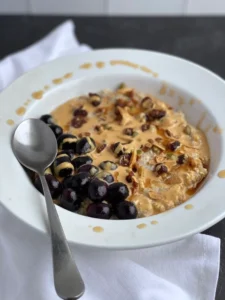
Lunch: Quinoa salad with black beans, corn, avocado, and lime vinaigrette.
Dinner: Salt and Pepper Tofu Stir Fry with mixed veggies and rice.
Day 2:
Breakfast: Smoothie with spinach, banana, peanut butter, and oat milk.
Lunch: Lentil soup with carrots, celery, and whole-grain bread.
Dinner: Lentil Bolognese Pasta with marinara sauce, sautéed mushrooms, and a side salad.
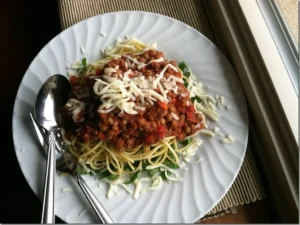
Day 3:
Breakfast: Whole-grain toast with avocado, tomato slices, and a sprinkle of nutritional yeast.
Lunch: Chickpea salad wrap with lettuce, cucumber, and tahini dressing.
Dinner: Veggie curry with chickpeas, coconut milk, and basmati rice.
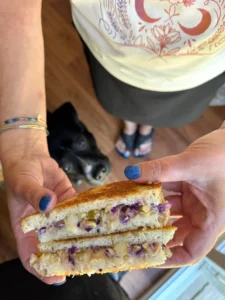
Day 4:
Breakfast: Chia pudding made with almond milk, topped with sliced bananas and walnuts.
Lunch: Mixed greens salad with roasted sweet potatoes, quinoa, and balsamic vinaigrette.
Dinner: Black Bean and Sweet Potato Chili with kidney beans, tomatoes, and homemade tortillas for dipping.
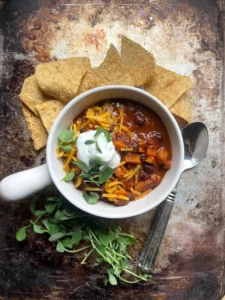
Day 5:
Breakfast: Vegan pancakes made with oat flour, topped with maple syrup and fresh fruit.
Lunch: Black Bean Burger on a whole-grain bun with lettuce, tomato, and a side of baked sweet potato fries.
Dinner: Stuffed bell peppers with quinoa, black beans, corn, and a drizzle of avocado lime sauce.
Next week of vegan eating is an opportunity to experiment with new flavors, ingredients, and cooking techniques. Whether or not I decide to incorporate more plant-based meals into my routine long-term, I’m excited to see how this challenge helps me appreciate the diversity and richness of a plant-based diet. Remember, the goal isn’t perfection—it’s about making small, sustainable changes that contribute to a healthier lifestyle.
Some of my favorite Plant Based Content Creators:
Derek Sarno: Derek is a YouTube content creator and vegan chef known for his innovative and flavorful plant-based recipes, with a particular passion for mushrooms, which he often highlights as a key ingredient in his dishes. Co-founder of the Wicked Kitchen brand, he focuses on making vegan cooking accessible, delicious, and satisfying, transforming the perception of plant-based eating through his creative culinary techniques.
Wil Yeung: Wil is a talented YouTube content creator and chef who specializes in crafting vibrant and flavorful plant-based recipes. His videos showcase a diverse range of dishes, blending Asian and global influences to create meals that are both visually stunning and delicious. Known for his clear and concise cooking tutorials, Wil makes plant-based cooking approachable for all, demonstrating that vegan food can be exciting, diverse, and full of rich flavors. Whether it’s hearty mains, creative desserts, or quick weeknight meals, Wil Yeung’s content inspires viewers to explore the endless possibilities of plant-based cuisine.
Pick Up Limes: Sadia Badiei is the creator behind Pick Up Limes, a popular YouTube channel and blog dedicated to promoting a wholesome and balanced lifestyle through plant-based nutrition. As a registered dietitian, Sadia combines her expertise in nutrition with her passion for creating simple, nourishing recipes that are as visually appealing as they are delicious. Her content emphasizes the importance of mindful eating, self-care, and sustainability, offering viewers a holistic approach to health and wellness. With a focus on plant-based ingredients, Sadia’s recipes are accessible and flavorful, making it easy for anyone to embrace a healthier, more compassionate way of eating.

